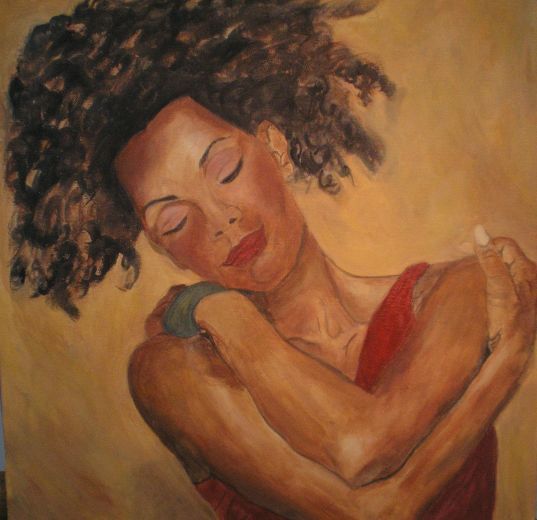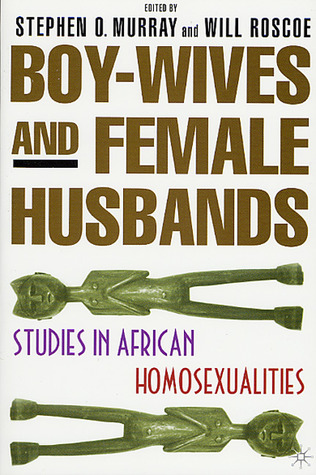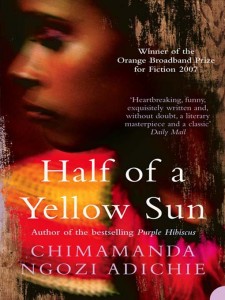Recently, BBC news reported that three women -- allegedly involved in a love triangle -- in Cameroon have been arrested on suspicions of practicing homosexuality. According to the Washington Post, homosexuality is considered criminal in Cameroon and punishable by a jail sentence of six months to five years, plus a…
-
-
No More Denying: Embracing Positivity for Lent and Spending 40 Days on LOVE!
For Lent, I'm trying something different this year; in place of denying myself physical pleasures, I'm ridding myself of ingratitude and negativity. I'll be sharing daily positive reflections and affirmations via my Facebook Page & Twitter Handle (@spectraspeaks), and invite you all to share yours as well. I plan to…
-
Africa, Make Up Your Mind: Kenya Expels Girls for “Lesbianism,” Permits Same Gender Marriage Between Older Women
Homosexuality may be outlawed in Kenya but there is a long tradition among some communities of women marrying each other. In recent news stories, twelve Kenyans girls are suspended for “lesbianism†while older women are allowed to marry, and even inherit property from their deceased spouses. This presents quite a…
-
Black History Month Rant: We Are Not All Black in the Same Way
Warning: This is a rant. AKA I'm pissed, and don't feel the need to explain myself further than this: I'm Nigerian. I'm African. I'm Black. They don't compete, they complement, which is why when I'm asked to silence one for the sake of the other, I don't. Deal with it.…
-
African Women in Film: New Screen Adaptation of Chimamanda Adichie’s Novel, Half of a Yellow Sun
Africa has had much of its history depicted through mainly male characters; the on-going plight of women and children during times of war has often been reduced to b-roll (i.e. supplemental or alternate footage intercut with the main shot) and action scenes portraying sexual violence for shock value. Hence, the…
Online rulet oyunları gerçek zamanlı oynanır ve online slot casino bu deneyimi canlı yayınlarla destekler.
İnternet üzerinden eğlence bahsegel giriş arayanlar için deneyimi vazgeçilmezdir.
Kullanıcıların hesaplarına hızlı ve sorunsuz bettilt ulaşabilmesi için adresi her zaman güncel tutuluyor.




